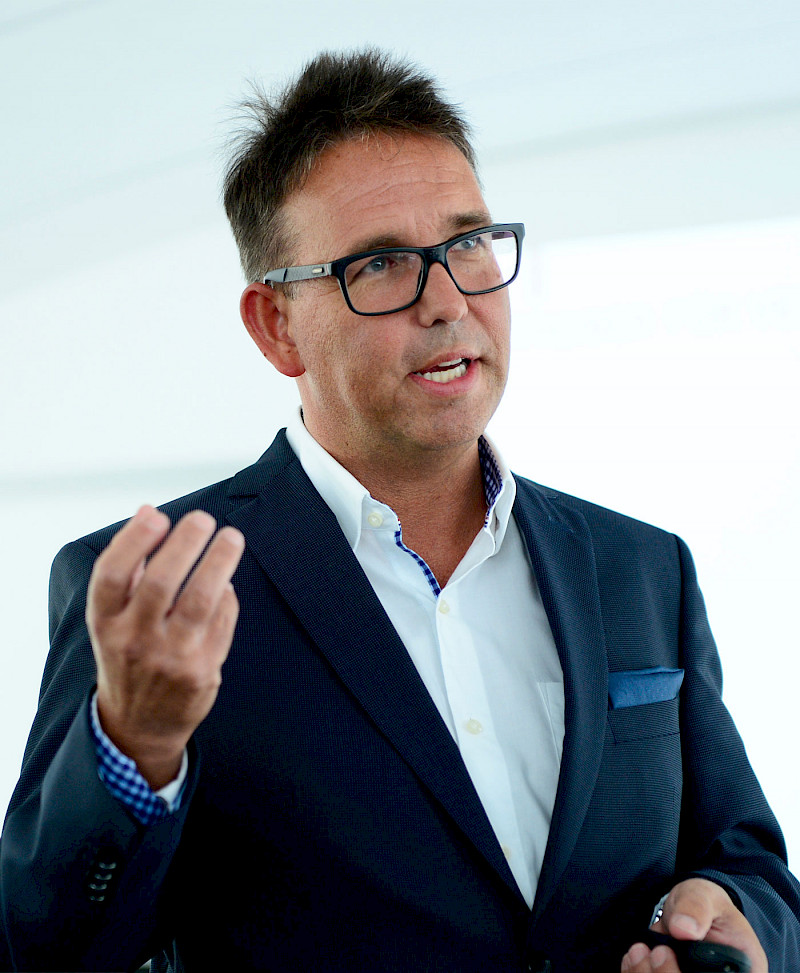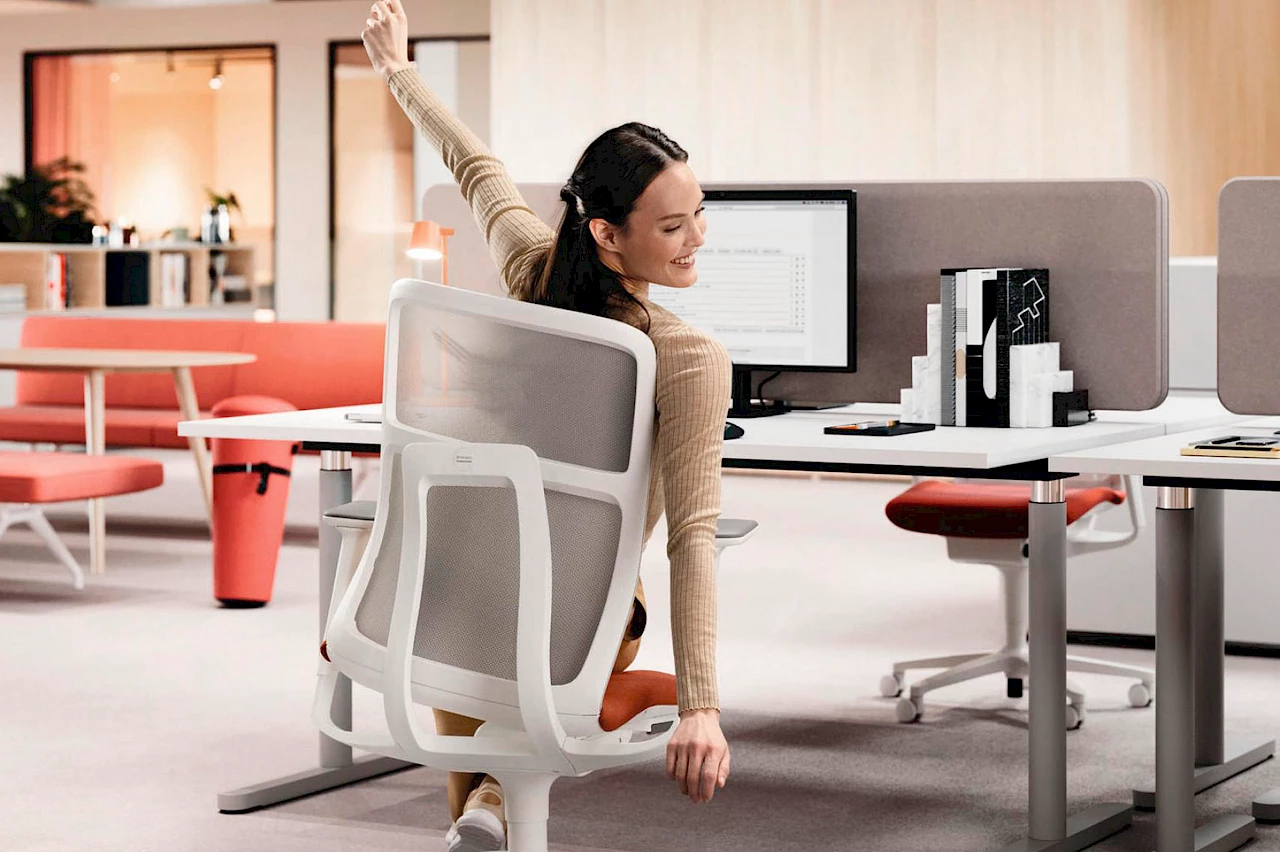Health in a hybrid work environment was the topic of a discussion held at Allensbach University Konstanz on 27 January 2022 by two experts for occupational health management: Oliver Walle, an instructor at the German University of Prevention and Health Management (DHfPG) and the BSA Academy, and Prof. Volker Nürnberg, a partner and consultant at BDO Deutschland who is also a professor at Allensbach University Konstanz. The discussion was hosted by the IBA and the journal Personalmagazin. The presenter was Katharina Schmitt, a member of the editorial staff of Personalmagazin.
Is working from home a risk factor?
During the coronavirus pandemic, a large proportion of office work was transferred to people’s homes — and health problems arose there as a result. Physical inactivity, back problems, constant stress, burnout and psychological illnesses became more frequent. Employees working from home spent 25% less time being physically active than at the office.
Nonetheless, working from home is here to stay. And so are new forms of work that replace the obligation to be in the office from nine to five. Working from home is now firmly established. So far, the only aspect that is unclear is how many days per week we will go to the office to do our work in the future. Prof. Nürnberg predicts that 30% of group meetings and conferences that were formerly face-to-face will be replaced by virtual meetings, and that thanks to improved functionality and technology, these virtual meetings will be professionalized. What remains after the Covid pandemic is more hybrid working time and less monotony. More trust and less supervision, but also more creativity and agility. As a result, the aim is now to organize agile teams and create a company environment in which all team members can work productively and effectively in their individual ways.
New leadership behaviour and other employee skills are needed
A work environment characterised by autonomy and flexibility also presents challenges to health that companies and managers must face up to. Moreover, changed working conditions require new areas of expertise. For example, Nürnberg recommends the introduction of a “driver’s license” for working from home certifying that employees are competent in the areas of work organization, data protection and health promotion.
Hybrid work environments require a different mindset and new leadership skills. However, hybrid leadership has to be learned. After all, 80% of managers occupy their positions because of their professional expertise rather than their social skills. That’s why Walle and Nürnberg agree that companies must support their managers to make sure that they treat their employees with respect and cultivate cross-channel communication. There’s a need for managers who organize agile work, promote hybrid teamwork and accompany and support employees during the transformation process as companies change in the direction of greater digitalization.

Occupational safety and workplace health management in the Workplace 4.0
There’s also a need to rethink our approach to occupational safety and workplace health management. It’s usually much more difficult to implement occupational safety, accident avoidance and ergonomics at home than in the office. Nonetheless, the workstations used when working from home require occupational safety measures that are equivalent to those in the office. Here the aim is to strike out in new directions and find answers to the question of what preconditions must be fulfilled in order to achieve this.
New measures for preventing health risks and keeping workers healthy must be developed and implemented in hybrid working environments. Companies are well advised to include their employees in the process of developing health-promoting working conditions and designing measures that are better adapted to the individual worker. In addition, in the future companies should also look at occupational health management in the context of employer branding — at least if they want to attract employees from the young generation.






